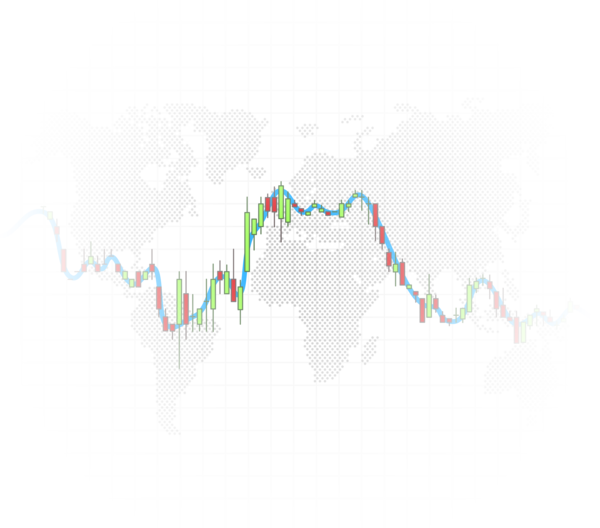Kim Dong-soon, Ph.D.
Dean and Professor of Finance
College of Business and Economics, Chung-Ang University

Short selling is generally the practice of selling commodities, securities, currencies, etc. that one does not have in the expectation that falling prices will enable one to buy them in at a profit before they have to be delivered. In the stock market, short selling is a transaction in which short sellers sell borrowed listed stocks or sell without borrowing stock when they expect a decline in stock prices in the future. In the former case, short sellers borrow stocks that they do not own, and it is called ‘covered short selling.’ In the latter case, it is called ‘naked short selling.’ Naked short selling is currently under a ban in Korea. Korean individual investors were allowed to sell short all stocks in the Korean stock market in February 1969, whereas institutional investors were allowed in September 1996, and foreign investors in July 1998. However, it was temporarily banned for eight months due to the global financial crisis in October 2008, for three months due to the European debt crisis in August 2011, and now for a year due to COVID-19 beginning on March 16th, 2020. The Financial Services Commission (FSC) had the plan to resume short selling on March 16th, 2021. However, there has been opposition from the political community and individual investors, so the FSC went over the resumption schedule. As a result, the FSC adopted a compromise to resume short selling from May 3rd, 2021. In addition, it is permitted only for stocks that make up the KOSPI 200 and KOSDAQ 150 Index. Since these are stocks with large market capitalization and high trading volume, the FSC judged that even if short selling is resumed, it could minimize a possible market shock and make a soft landing. How and when to resume short selling of the other 2000 stocks or so will be decided separately.
Short selling is expected to play a positive role in the stock market. First of all, it can increase market efficiency, say, by reflecting negative information on stock prices in time. It will enhance price discovery and prevent bubbles beforehand. Secondly, short selling provides additional transactions or liquidity to the market through the liquidity feedback effect in the short selling settlement process. For instance, if there is no short selling, sellers are limited to stockholders, and there will be a supply shortage of stocks in the market. In addition, when there are excess buy orders, short selling orders can resolve the imbalance of orders by digesting buy orders. Thirdly, it may promote responsible management and prevent financial fraud by preventing agency problems. Lastly, not but least, short selling can be a way for various investment strategies, such as risk hedging, arbitrage, and long-short strategy.
On the other hand, the negative perspective on short selling, especially among individual investors, claims that speculative short selling may be concentrated in a bear market situation and accelerate the fall in stock prices. It may disrupt the orderly operation of the stock market by manipulating stock prices or using undisclosed information. Above all, there is an opinion that it is an uneven playing field as the access to short selling is very limited for individual investors compared to foreign investors and institutional investors.
Most academic empirical research on short selling supports its positive role or proper function. It is based on economic logic, such as price discovery and liquidity provision due to short selling in the market. The U.S., the U.K., and Japan, which banned short selling during the financial crisis in 2008, have not imposed the ban on short-selling despite the COVID-19 crisis in 2020.
The positive opinions for short selling are based on economic logic, but the negative view of short selling focused on the insufficient short selling operating system. Thus, the government should improve short selling related policies and systems as soon as possible. Firstly, it should strengthen the supervision and punishment system for naked short selling, illegal short selling, and market disturbance behaviors. Secondly, more information transparency about short selling is needed, so that the uptick rule and the short selling disclosure system should be improved. Thirdly, there could be a way to increase access to short selling by individual investors and expand the loan of stocks to individual investors. For example, if the government establishes a centralized financial supply organization for stocks like in Japan, it could have expertise in supplying financial resources for stock loans and managing operational risks. Fourthly, it is necessary to designate stocks appropriate for short selling by considering market capitalization and liquidity. It could be a measure to prevent volatility increase and price manipulation. Finally, when a temporary ban on short selling prohibition system is implemented, it can be enforced selectively. For example, short selling could be prohibited only for financial stocks or small-cap stocks for which it is not active.
In conclusion, the permission of short selling is in accordance with the global standard, and academic empirical results usually support its positive role. Therefore, it is suggested that policy authorities should supplement related measures and systems since short selling contributes to increasing stock market efficiency.


